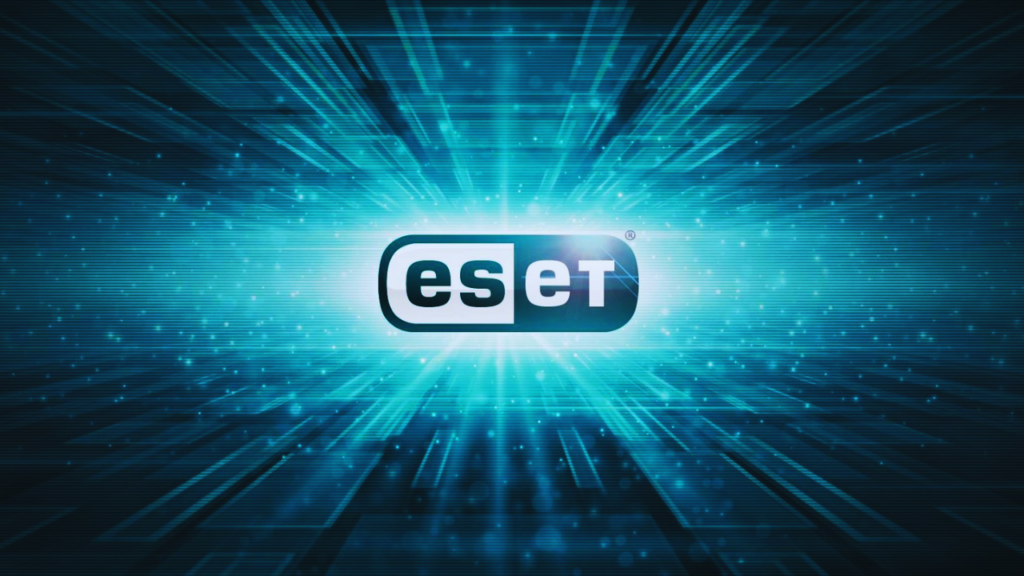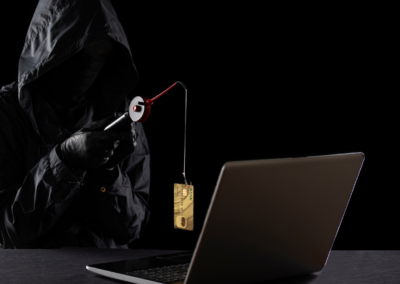In an era dominated by technology, protecting your digital world has become more crucial than ever. When it comes to defending your devices against a multitude of online threats, two names that often come to the forefront are Kaspersky vs ESET. Both of these cybersecurity giants offer robust solutions, but which one is superior? In this comprehensive comparison, we will examine the strengths and weaknesses of Kaspersky and ESET to help you make an informed choice.
In the world of cybersecurity, antivirus software is your first line of defense against malware, ransomware, phishing attacks, and other digital threats. Kaspersky and ESET are well-established players in this arena, each with its unique approach to providing comprehensive protection.
Kaspersky: The Cybersecurity Titan
Pros of Kaspersky
Exceptional Malware Detection: Kaspersky consistently receives high praise for its exceptional malware detection rate. It excels in identifying and eliminating even the most elusive threats.
Robust Internet Security: Kaspersky’s internet security features are top-tier, encompassing secure browsing, phishing protection, and online banking security. It keeps your online activities safe and secure.
Cross-Platform Compatibility: Kaspersky offers support for a wide range of platforms, including Windows, macOS, Android, and Linux. This ensures that all your devices can be protected under a single subscription.
Affordable Pricing: Kaspersky provides a range of packages at varying price points, making it accessible to a broad audience.
Parental Control: For parents concerned about their children’s online safety, Kaspersky’s parental control features offer comprehensive monitoring and control.
Cons of Kaspersky
Resource Usage: While Kaspersky has improved its resource management, it may still consume more system resources compared to some competitors, potentially affecting the performance of older devices.
Privacy Concerns: Kaspersky, as a Russian-based company, has faced scrutiny regarding potential ties to the Russian government. While there’s no concrete evidence of wrongdoing, it’s a factor some users consider.
ESET: The Cybersecurity Specialist
Pros of ESET
Lightweight and Fast: ESET is renowned for its minimal impact on system performance. It offers powerful protection without slowing down your device, making it ideal for older systems.
Excellent Malware Protection: ESET’s antivirus engine is highly effective at detecting and removing malware, including zero-day threats and ransomware.
Privacy-Focused: ESET is committed to user privacy and data protection. It doesn’t collect unnecessary user data, providing peace of mind to privacy-conscious individuals.
Cross-Platform Support: ESET supports various platforms, including Windows, macOS, Android, and Linux, ensuring comprehensive protection across your digital ecosystem.
User-Friendly Interface: ESET’s user interface is straightforward and easy to navigate, making it suitable for users of all technical levels.
Cons of ESET
Lack of Additional Features: While ESET excels in core antivirus protection, it may not offer as many additional features as some other antivirus solutions. Some users may miss advanced tools like a VPN or password manager.
Pricing: ESET’s pricing, while competitive, may not be the most budget-friendly option for some users.
MGM Resorts Grapples with Cybersecurity Challenge
Is ESET Better Than Kaspersky?
The answer to whether ESET is better than Kaspersky depends on your specific needs and priorities. If you value lightweight performance, fast scans, and privacy-focused practices, ESET might be the better choice. On the other hand, if you prioritize exceptional malware detection, robust internet security features, and affordability, Kaspersky is a strong contender.

Kaspersky vs. ESET
In the Kaspersky vs. ESET showdown, there is no one-size-fits-all answer. Your choice should align with your unique requirements, system capabilities, and preferences. Both Kaspersky and ESET excel in their own right and provide reliable protection against a wide range of digital threats.
Conclusion
Choosing Kaspersky vs. ESET ultimately comes down to your specific cybersecurity needs. Consider factors such as your device’s performance capabilities, budget, and desired features to make an informed decision. Regardless of your choice, regularly updating your antivirus software and practicing safe online habits remain essential for maintaining a secure digital environment.
Technology vs. Technological: A Comprehensive Comparison
FAQs
1. FAQ: What is a firewall, and why is it important for cybersecurity?
Answer: A firewall is a network security device or software that monitors and filters incoming and outgoing network traffic. It acts as a barrier between a trusted network and untrusted networks (like the internet), allowing only authorized and safe data to pass through. Firewalls are vital for cybersecurity because they help prevent unauthorized access, protect against malware, and enhance network security.
2. FAQ: What is a VPN, and why should I use it?
Answer: A VPN (Virtual Private Network) is a technology that creates a secure, encrypted connection over a public network (typically the Internet). VPNs are used to protect your online privacy and security by masking your IP address and encrypting your internet traffic. They are essential for maintaining privacy, accessing geo-restricted content, and securing your data when using public Wi-Fi.
3. FAQ: How can I protect myself from phishing attacks?
Answer: To protect yourself from phishing attacks, follow these tips:
- Be cautious of unsolicited emails or messages.
- Verify the sender’s identity before clicking on links or downloading attachments.
- Check for misspellings or unusual URLs in emails.
- Never share sensitive information through email or on unsecured websites.
- Use reputable antivirus software with anti-phishing features.
4. FAQ: What are strong, memorable passwords, and how can I create them?
Answer: Strong, memorable passwords are complex and unique, making them difficult for attackers to guess. To create them, use a combination of upper and lower-case letters, numbers, and special characters. Avoid using easily guessable information, like names or birthdays. Consider using a passphrase—a series of random words that are easy to remember but hard to crack.
5. FAQ: How can I secure my home Wi-Fi network?
Answer: To secure your home Wi-Fi network, take the following steps:
- Change the default router login credentials.
- Use a strong, unique Wi-Fi password.
- Enable WPA3 encryption for your Wi-Fi network.
- Disable remote administration of your router.
- Regularly update your router’s firmware.
- Enable a firewall on your router.
6. FAQ: What is multi-factor authentication (MFA), and why is it important for online accounts?
Answer: Multi-factor authentication (MFA) is a security method that requires users to provide two or more forms of verification before gaining access to an online account. It enhances security by adding an extra layer of protection beyond just a password. MFA is essential because it significantly reduces the risk of unauthorized access, even if your password is compromised.






0 Comments